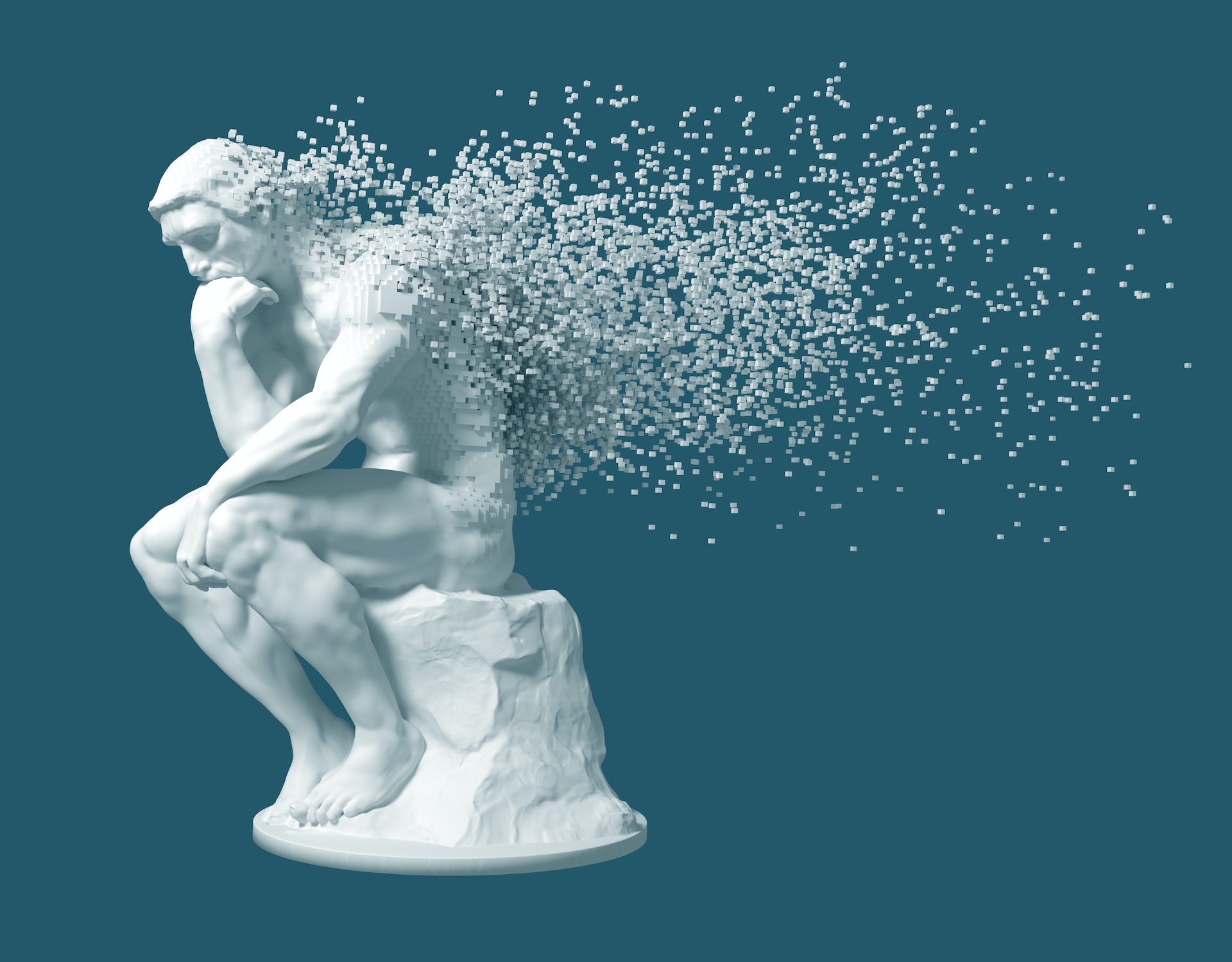The rise of artificial intelligence (AI) tools like ChatGPT has revolutionized the way we manage and access information. These tools are capable of collating, summarizing, and presenting vast amounts of data to us. However, relying on AI for information management has consequences that go beyond convenience. It can shape our thoughts and even influence how we think.
Generative AI tools, such as ChatGPT, are built on models trained with extensive amounts of existing data. They can autonomously create text, images, audio, and video content, and provide responses based on the most likely answer. These personalized AI tools cater to individual needs and preferences, making them increasingly popular among users.
For example, Meta AI is a virtual assistant that can have conversations, generate images, and perform tasks across various platforms. Mustafa Suleyman, an AI researcher and co-founder of DeepMind, describes personalized AI as a friend and a great coach that is always present and on your side.
However, these technologies are not without controversy. Concerns have been raised regarding data ownership, bias, and misinformation. Tech companies are working on addressing these issues, such as Google adding source links to AI-generated search summaries to combat inaccuracies and problematic responses.
The introduction of generative AI tools, especially personalized ones, raises questions about how they will impact our thinking. The internet’s arrival in the early 1990s already transformed our cognition, memory, and creativity. Studies have shown that having access to vast amounts of information has increased our meta-knowledge but reduced our memory retention. While offloading thinking to search engines can free up mental reserves for problem-solving and creative thinking, it has also led to increased distractibility and dependency.
Online searching has also been linked to higher cognitive self-esteem, as it boosts our belief in our own intelligence. However, it can also discourage critical engagement with search results when we trust the search engine too much. The abundance of information available online does not necessarily make us wiser, especially when questioning information requires effort.
Today’s generative AI tools go beyond presenting search results. They locate, evaluate, synthesize, and present information to us. However, without human-led quality control, these tools can leave us vulnerable to cognitive biases. Automation bias leads us to overestimate the integrity of machine-sourced information, while the mere exposure effect makes us more likely to trust familiar or personal information.
Research on social media demonstrates the impact of such biases. Filter bubbles created by algorithms limit the diversity of content we are exposed to, increasing ideological polarization and the likelihood of encountering fake news.
Generative AI has the potential to bring about positive changes in society, such as personalized education, improved work practices, and scientific advancements. It can also enhance communication and connections with others. However, we must learn from the past and take precautionary measures. Developing AI literacy and designing AI tools that promote human autonomy and critical thinking are essential.
To ensure that AI companions help us shape the future we desire, we need to understand both their strengths and weaknesses. It is crucial to avoid blindly accepting AI-generated information and instead use these tools as aids in our decision-making process.


